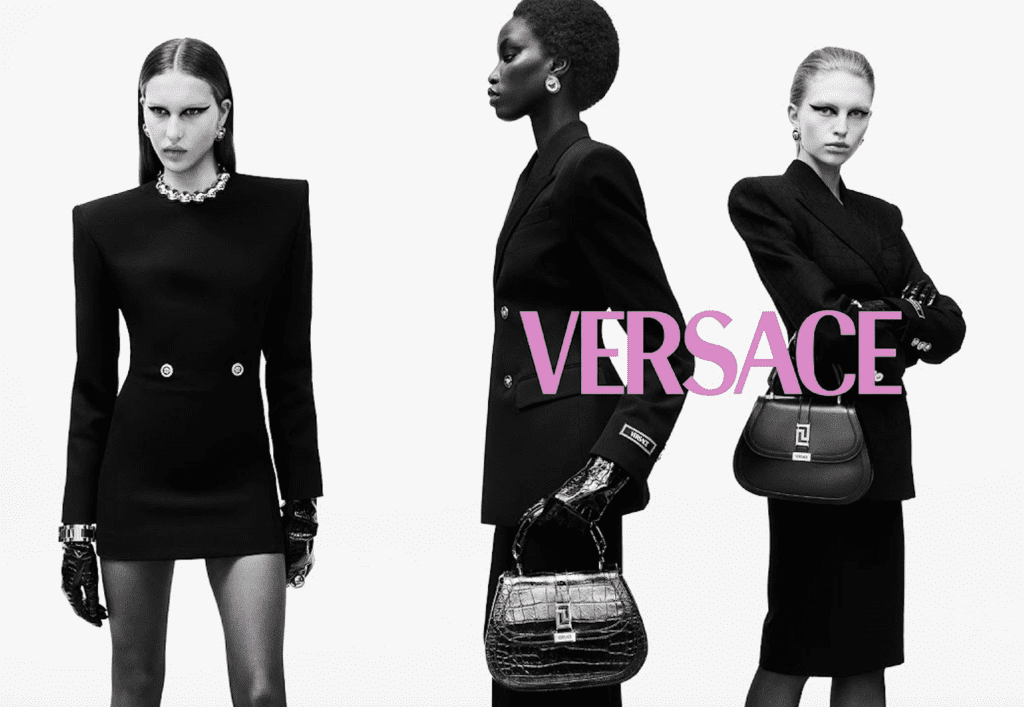Compagnie Financière Richemont generated 13.14 billion euros ($16.06 billion) for its fiscal year ending on March 31, 2021, and with sales down just 5 percent, the Swiss conglomerate beat analyst expectations, helped by significant sales for Cartier and Van Cleef & Arpels, in particular, rebounds from the COVID-19 pandemic in Asia, which welcomed 19 percent growth in sales for the year, as well as the U.S., and continued sales gains as a result of its embrace of e-commerce. The Johann Rupert-run group reported that its profit for the year rose by 38 percent to 1.29 billion euros ($1.58 billion), again surpassing analyst expectations.
In a release on Friday, Richmont revealed that sales were still turning around during the fourth quarter (ending on March 31, 2021), up 36 percent and 30 percent at constant and actual exchange rates, respectively. The group – which owns Cartier, Chloé, Alaïa, Net-a-Porter, Dunhill, Piaget, Vacheron Constantin, and Van Cleef & Arpels, and a number of other hard luxury brands – pin-pointed the role of the Asian Pacific region, where “year-on-year sales rose by triple digits in the fourth quarter.” And for the year as a whole, it asserted that sales at actual exchange rates “grew by double digits, underpinned by strong sales in mainland China due to a strong local presence of our Maisons.”
Also specific to the Asian market, Richemont – which maintains the title of the second largest luxury goods group, following only behind LVMH – saw a double-digit sales increase in its Specialist Watchmakers division in Asia, thanks, in part, to “the opening of five flagship stores on Alibaba Tmall Luxury Pavilion and participation in Watches & Wonders fairs in Shanghai and Sanya.” The watches division has benefitted from “constant acceleration” in sales since the third quarter of Richemont’s financial year.
Jewelry sales grew across the board, per Richemont, surpassing “pre-Covid levels and increasing operating margin to 31.0 percent, supported by strong double-digit sales growth in the second half of the year.” In a conference call on Friday, Cartier’s chief executive Cyrille Vigneron was upbeat about the division, stating that “in jewelry, basically everything sells.”
Addressing the rise in e-commerce sales, Richemont stated that it saw “triple-digit growth at Group Maisons’ online retail sales” for the year, which it says “underscores the success of our Maisons’ digital transformation,” noting that overall online retail sales grew by 6 percent for the year and account for 21 percent of sales for the group. An “acceleration” of the group’s digital transformation has “enabled more diverse customer journeys, underpinning retail sales, [and] increasing direct engagement with end clients,” per Richemont, which further stated that “higher online retail sales,” including triple-digit growth at our Maisons online retail sales, in all our major markets, “partially offset lower retail and wholesale sales.”
Also on the e-commerce front, Richemont touched on the “first step in our partnership with Farfetch and a deepening of our relationship with Alibaba,” which saw the parties enter into a $1.1 billion “global strategic partnership” in November 2020 in order “to provide luxury brands with enhanced access to the China market,” as well as a big step towards “accelerat[ing] the digitization of the global luxury industry.” To date, Richmont says that its “partnership with Alibaba has led to 11 flagship stores being operational on Alibaba Tmall Luxury Pavilion: Cartier, Van Cleef & Arpels; IWC Schaffhausen, Jaeger-LeCoultre, Panerai, Piaget and Vacheron Constantin; NET-A-PORTER; Chloé, dunhill and Montblanc.”
Looking ahead, Richmont claims that it is already seeing a “strong start into the new financial year, with accelerating trends across all business areas.”
In a note on Friday, Bernstein analyst Luca Solca pointed to “what seems [to be] a solid beat to consensus – on both top line and operating profit – built on the outstanding performance of Jewelry Maisons,” asserting that he “continues to see upside for Richemont, as high jewelry and wholesale and Specialist Watchmakers normalize during FY2022.” Among the potential risk factors facing the group? Growing sales by Cartier rivals, for one thing. “Cartier is seeing increased competition from players like Bulgari – a stronger Tiffany” – now under the ownership of LVMH – “could add to the pressure.”
And in a final note, Richemont Chairman Johann Rupert, asked about potential M&A involving French conglomerate Kering, said that Richemont has a “good relationship with Kering and the Pinault family, and had been contacted by them in the past to talk about collaboration, but not about an acquisition,” per Reuters, but refused to comment further.











